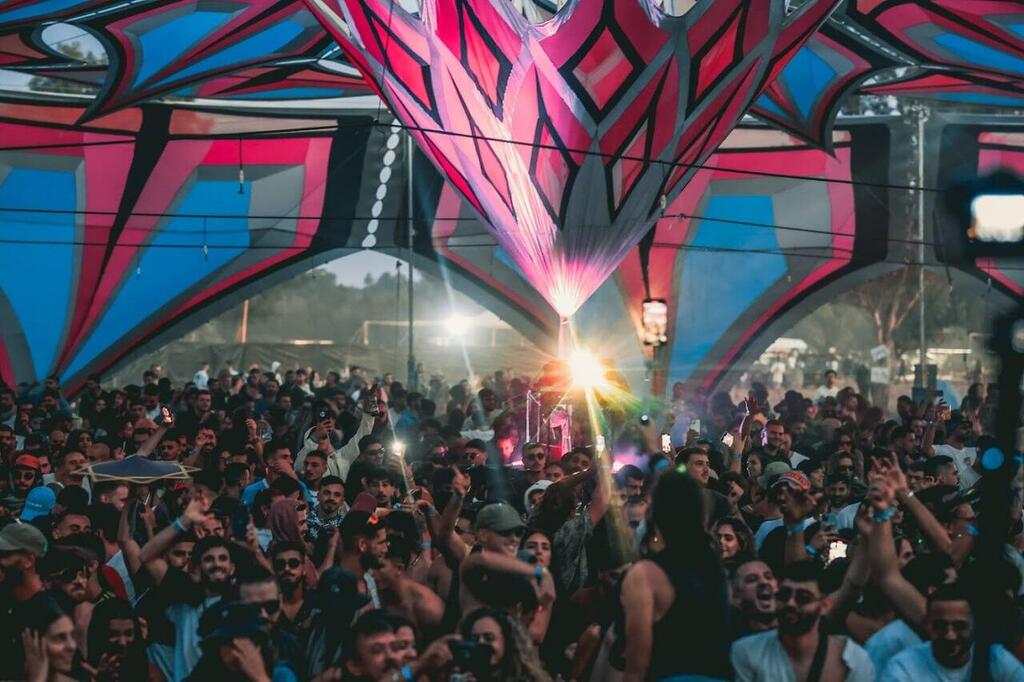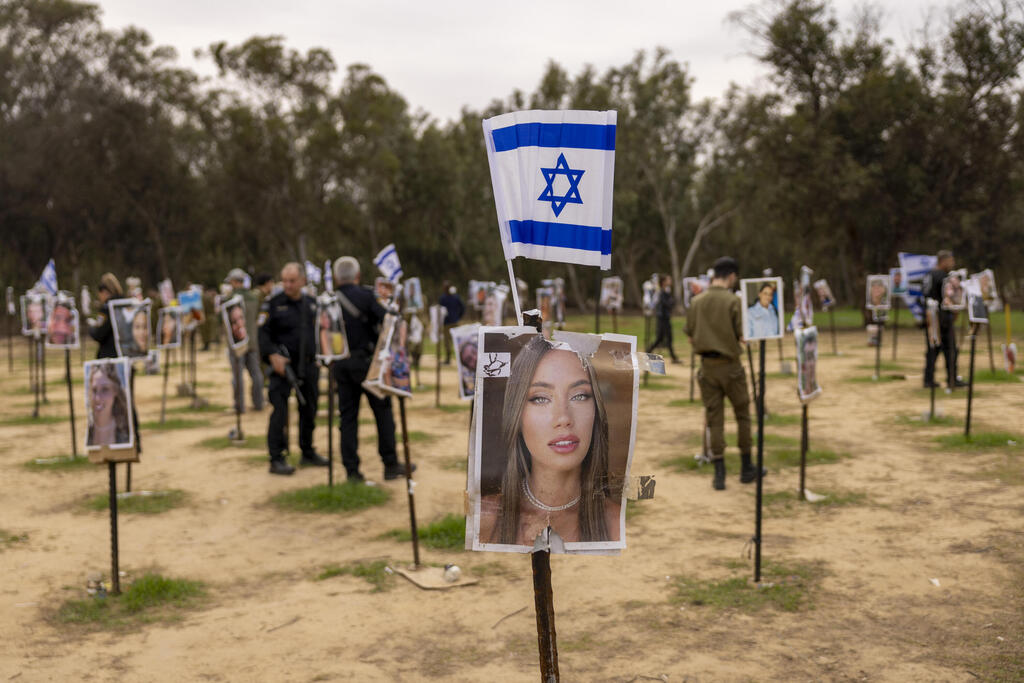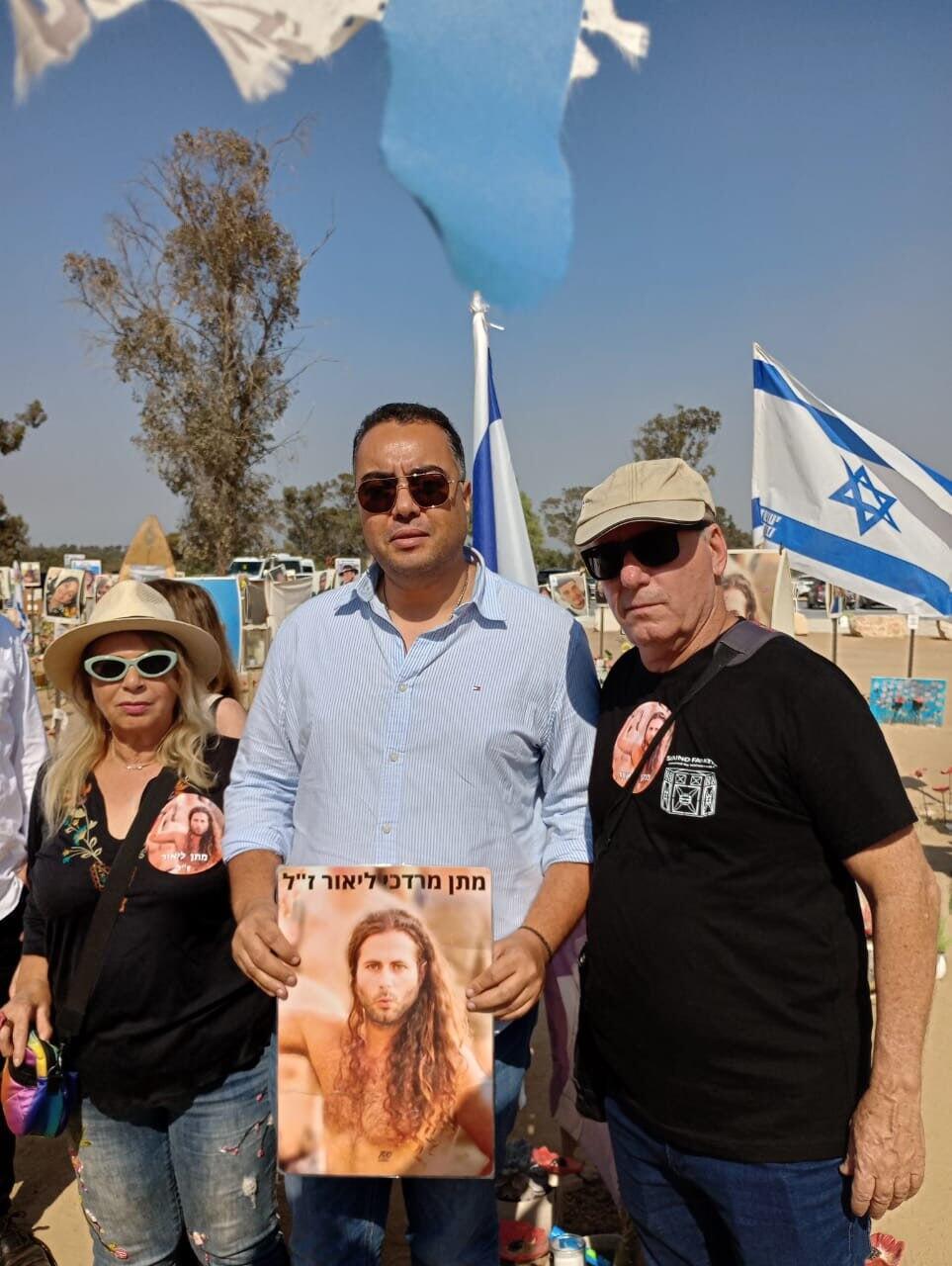Getting your Trinity Audio player ready...
On October 6, 2023, thousands of people gathered in the Negev Desert for the Supernova music festival, a celebration of life, music and community.
What should have been an unforgettable experience of joy and togetherness was tragically transformed into a nightmarish bloodbath when Hamas terrorists launched a brutal attack, killing at least 260 festivalgoers and abducting many others as hostages.
As a Muslim Moroccan who recently visited the site of the tragedy, I feel deeply compelled to reflect on this catastrophic event and to stress why we must never forget the victims of the Supernova massacre.
The Supernova festival, an electronic music gathering blending Israeli and Brazilian cultures, had all the ingredients for an unforgettable experience. Thousands of people traveled from across Israel, and even from abroad, to immerse themselves in the euphoric beats of psytrance, a genre that thrives on peace, love and unity. For many, this was more than just a party—it was a way to celebrate life, connect with friends and be part of a larger, inclusive community.
Yet, as the sun began to rise over the desert landscape, an unimaginable horror unfolded. At approximately 6 a.m., Hamas terrorists infiltrated the festival grounds, launching a surprise attack. They stormed the festival with guns and grenades, killing dozens in an instant. The music that had filled the air was drowned out by the deafening sounds of violence. People who had been dancing in a spirit of peace and unity found themselves running for their lives.
The attackers came from all directions, and the confusion, chaos and fear were unimaginable. Some of the victims were gunned down as they attempted to escape. Others were taken hostage, including young women and men, some of whom remain in captivity today. The festival that had promised to be a celebration of life and freedom became a scene of terror.
What makes this attack so particularly heartbreaking is that the victims were innocent civilians—people who had gathered for no other reason than to enjoy music and share in a communal celebration. They were not soldiers or political figures. They were not participants in a conflict. They were young people, friends, lovers and artists who had come together to escape the pressures of daily life, to dance, to be free.
In these kinds of attacks, the distinction between combatants and non-combatants is often lost. Terrorists have no regard for the sanctity of civilian life. The massacre at Supernova is a stark reminder that terrorism, as practiced by groups like Hamas, seeks not only to destroy lives but to destroy the very idea of community and harmony.
What makes the attack even more tragic is the profound sense of community that existed among the festivalgoers. Many of them had known each other for years, and the festival itself was a gathering of like-minded souls, united by a shared love for the music and the freedom it represented.
The horror of Supernova must also be understood in the broader context of Hamas’ ideology and actions. Hamas is a terrorist organization whose actions aim to instill fear, division and hatred. Their deliberate targeting of civilians, whether at a music festival or elsewhere, is a clear violation of international law and human decency. By attacking innocent civilians, Hamas seeks not only to kill but to spread terror, to tear apart communities and to destabilize societies.
The attack on the Supernova festival represents an escalation in the tactics used by Hamas. It was not just a random act of violence; it was a deliberate strike on a peaceful gathering of people who posed no threat. This is part of a larger, more troubling pattern where civilians—especially those in public spaces like concerts, markets and celebrations—become the targets of violence. These attacks not only cause immense physical harm but leave deep psychological scars on the victims and their communities.
The massacre at the Supernova festival is not just a tragedy for Israel, but for all of humanity. It is a reminder of the dark forces that seek to divide us, to sow hatred, and to destroy the bonds of peace and unity that we have worked so hard to build. As a Muslim, I believe that it is our duty to stand against all forms of terrorism, regardless of the ideology or group responsible. The victims of Supernova were people who sought peace and joy in a world that often seems to offer too little of both. They did not deserve to die in the way they did.
We must never forget the names of the victims—those who perished, those who were taken hostage, and those who are left to cope with the trauma of that day. We must never forget the message of peace and love that they represented. And we must never allow terrorism to destroy our ability to live in harmony with one another, regardless of our backgrounds, our religions, or our beliefs.
The attack on Supernova is a call to action. It is a reminder that we must stand united against terrorism in all its forms. We must stand for peace, for unity, and for the right of every human being to live without fear. We must never forget the victims of this tragedy, and we must honor their memory by working toward a world where such atrocities are never repeated.
- Amine Ayoub is a policy analyst and writer based in Morocco.
Get the Ynetnews app on your smartphone:





